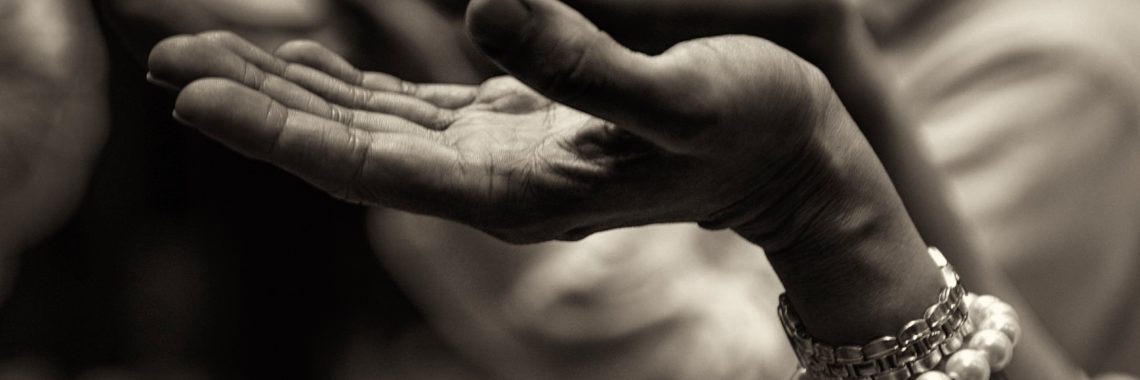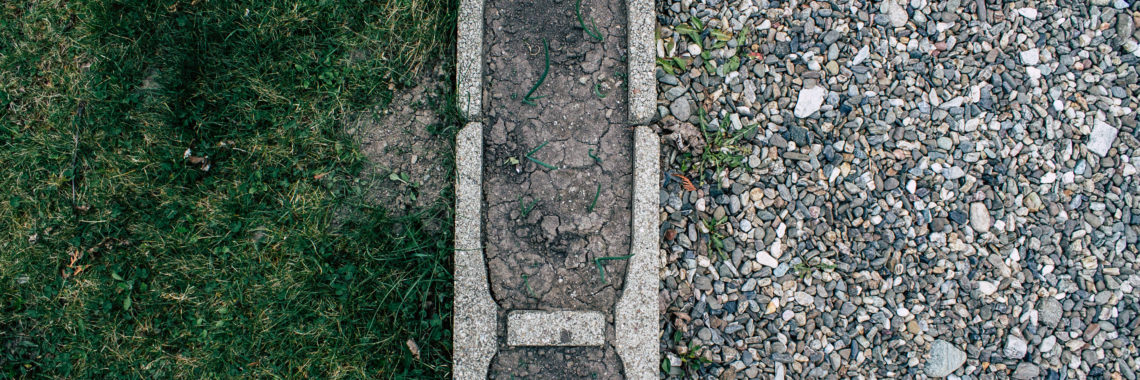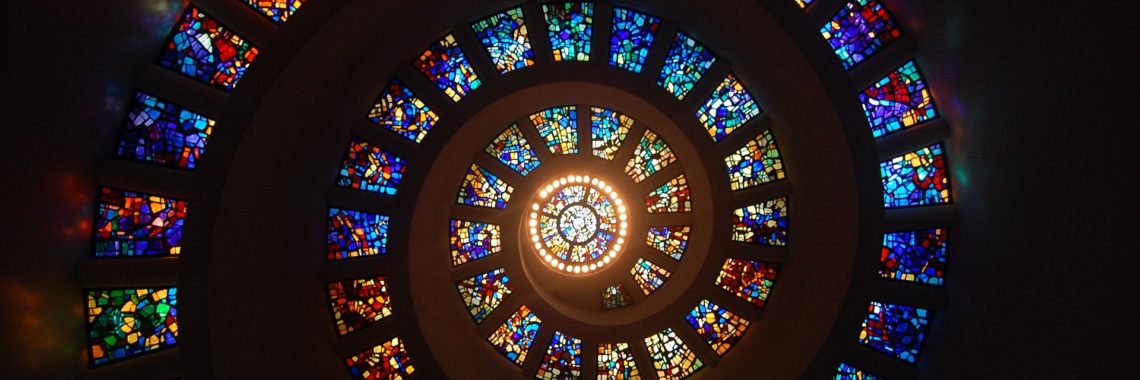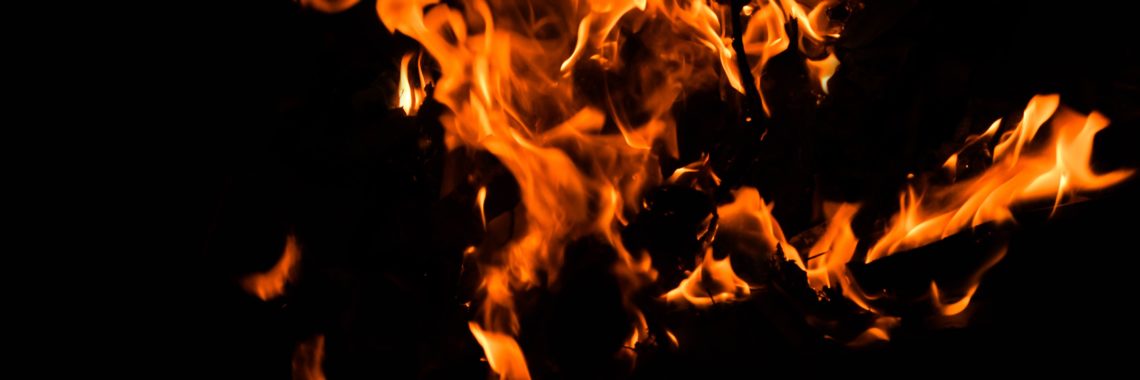“Pandemic Monitoring Without Scapegoating: Lessons from the Shincheonji Community of South Korea” by Massimo Introvigne
Photo by Pixabay on Pixabay (CCO) An earlier version of this essay was published here, on Diresom. This article is part of our “Reflecting on COVID-19” series.If you’d like to check out other articles in this series, click here. On February 19, 2020, I received the first of many phone calls from the media about a new…









